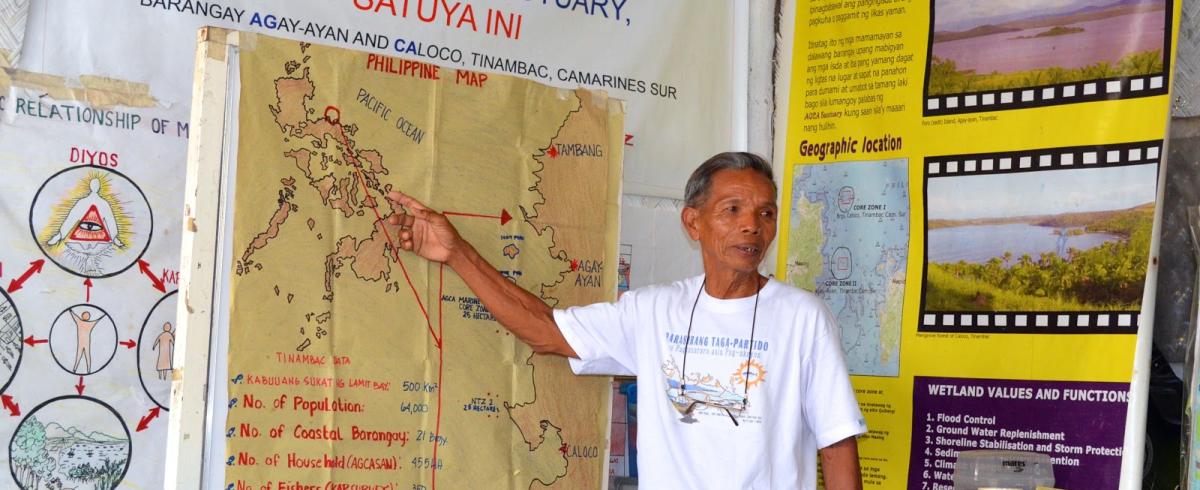Dead fish is not manna
This publication brings to the frontline, issues that beg for attention in the fisheries sector.
Chapter one of this publication, titled COVID-19 and Fisheries, highlights how the pandemic has affected the fisheries subsector.
Chapter two, titled Dead Fish is not Manna, captures the peculiarities and challenges of fisheries in Nigeria noting the contaminated state of some of the fishes sold in the country's markets.

